Business
SERAP sues CBN over unlawful regulations on customers’ social media handles’
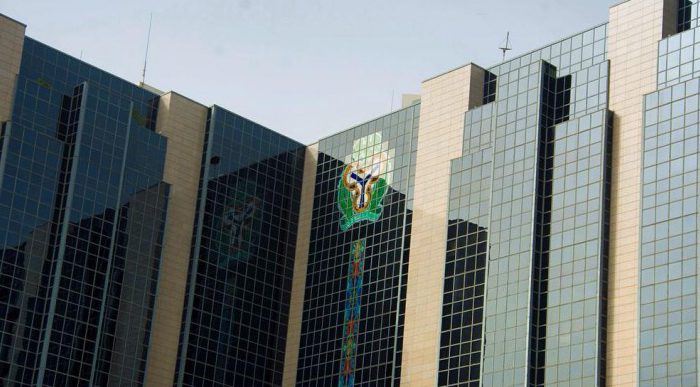
The Socio-Economic Rights and Accountability Project (SERAP) has filed a lawsuit against the Central Bank of Nigeria (CBN) over “the failure to delete the patently unlawful provisions in the Central Bank of Nigeria (Customer Due Diligence) Regulations directing banks to obtain information on customers’ social media handles for the purpose of identification.”
This is coming barely a month after the advocacy group issued a 3-day ultimatum to the apex bank to withdraw these regulations directing banks to obtain customers’ social media handles or face legal action.
In the suit number FHC/L/CS/1410/2023 filed last Friday at the Federal High Court in Lagos, SERAP is seeking: “an order of mandamus to direct and compel the Central Bank of Nigeria to withdraw its directive dated June 20, 2023, to banks and other financial institutions to obtain information from customers’ social media handles.”
- SERAP is also seeking: “an order of mandamus to compel the CBN to delete the unlawful provisions of Section 6 of its Customer Due Diligence Regulations, 2023 for being inconsistent with Section 39 of the Nigerian Constitution 1999 [as amended] and Article 9 of the African Charter on Human and Peoples’ Rights.”
- SERAP is also seeking: “an order restraining the CBN from carrying out or giving effect to the unlawful provisions of Section 6 of its Customer Due Diligence Regulations, 2023 directing banks and other financial institutions to obtain information from customers’ social media handles.”
- In the suit, SERAP is arguing that: “The mandatory requirement of social media handles or addresses of customers does not serve any legitimate aim. Such information may be used to unjustifiably or arbitrarily restrict the rights to freedom of expression and privacy.”
- SERAP is also arguing that “Unless the reliefs sought are granted, the CBN will implement and enforce the unlawful directive in contravention of citizens’ rights to freedom of expression and privacy.”
The advocacy group noted that there are other means of identification such as passport, driver’s licence, Bank Verification Number (BVN), and Tax Identification Number (TIN), which banks and other financial institutions already require their customers to provide.
SERAP is also arguing that the additional requirement of obtaining details of a customer’s social media handle or address fails to meet the requirements of legality, necessity, and proportionality.
- SERAP is further arguing that “The facts that there are sufficient means of identification for CBN, banks and other financial institutions to rely on to meet the requirement of Know Your Customer also heighten concerns of overreach and confer far-reaching discretion on banks and financial institutions.”
- The suit filed on behalf of SERAP by its lawyers, Kolawole Oluwadare and Ms Blessing Ogwuche, partly reads, “Obtaining information on customers’ social media handles or addresses as means of identification is more intrusive than necessary.
- “According to Section 6(a)(iv) of the CBN Regulations, banks and other financial institutions ‘shall identify their customer and obtain information on the social media handle of the customer.’ Section 6(b)(iii) contains a similar provision.
- “The purported mandatory requirement would inhibit Nigerians from freely exercising their human rights online. If obtained, such information may also be misused for political and other unlawful purposes.
- “The CBN Regulations and directive to banks and other financial institutions would impermissibly restrict the constitutional and international rights to freedom of expression, privacy and victims’ right to justice and effective remedies.
- “Requiring social media handles or addresses of customers as a means of identification would have a disproportionate chilling effect on the effective enjoyment by Nigerians of their rights to freedom of expression and privacy online.
- “The requirement of necessity implies an assessment of the proportionality of the grounds, with the aim of ensuring that the excuse of ‘regulations on customer due diligence’ is not used as a pretext to unduly intrude upon the rights to freedom of expression and privacy.
- “The CBN Regulation does not demonstrate how the use of social media handle or address as a means of identification would serve to improve banks and other financial institutions’ ability to implement and comply with the laws and regulations relating to customer due diligence.
- “The Directive by the CBN, which does not, in any event, carry the force of law, also fails to provide any explanation as to how social media handles or addresses can facilitate compliance with regulations relating to customer due diligence.
- “Obtaining the details of customers’ social media handles or addresses would unduly interfere with the rights to freedom of expression and privacy. It would also be disproportionate to any purported legitimate aim that the CBN seeks to achieve.
- “The cumulative effect of any attempt to access details of customers’ social media handles or addresses would be to undermine the letter, substance and spirit of the rights to freedom of expression and privacy of Nigerians.”
- “The effective enjoyment of these fundamental rights constitutes a fundamental pillar for building a democratic society and strengthening democracy.
- “The positive obligations of Nigeria to ensure the rights to freedom of expression and privacy will only be fully discharged if individuals are protected against violations by institutions like the CBN.
- “The Nigerian Constitution guarantees in Section 39 the right to freedom of expression and in Section 37, the right to privacy.
- “Restrictions to the rights to freedom of expression and privacy that do not comply with the elements of legality, legitimate purpose, and necessity and proportionality shall be deemed unlawful.”
No date has been fixed for the hearing of the suit.
Business
NIN-SIM linkage: MTN bars 8.6 million lines as NCC extends deadline
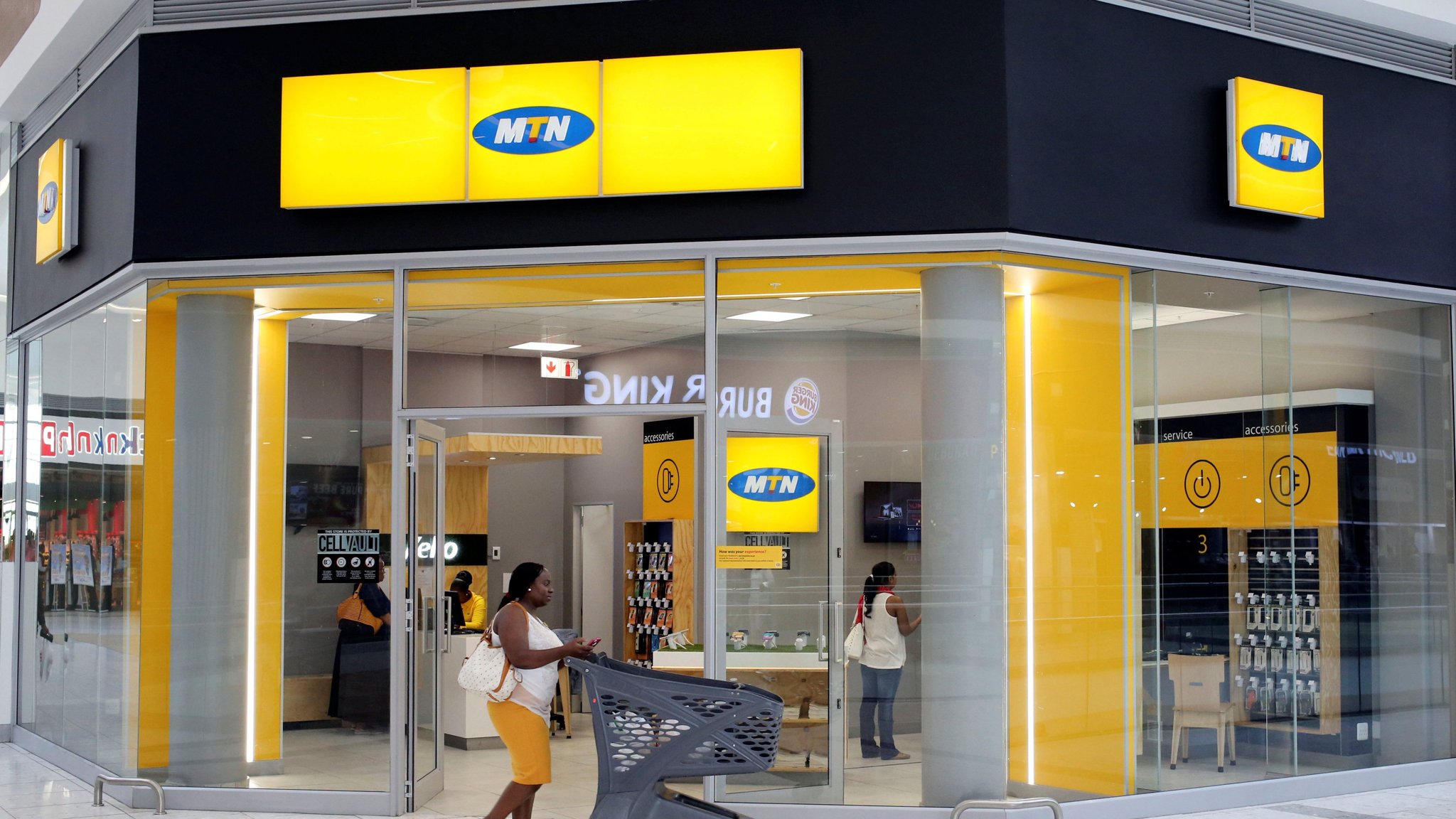
MTN Nigeria says it has fully barred a total of 8.6 million lines from the network in line with the directive of the Nigerian Communications Commission (NCC) on SIMs not linked to the National Identification Number (NIN) of the users.
The company disclosed this in its first quarter (Q1) 2024 financial report, noting that this impacted its business in the quarter.
However, to provide more time for the subscribers with less than five lines linked to an unverified NIN to complete the necessary verification exercise, MTN disclosed that the NCC has extended the 15 April deadline to 31 July 2024.
According to MTN, the lines that have been fully barred are those of subscribers who did not submit their NIN and those with more than five lines linked to an unverified NIN.
Highlighting the impact of the NIN-SIM linkage exercise and the regulatory directive, MTN Nigeria’s CEO, Karl Toriola, said:
“During the quarter, we also continued to manage the effects on our business of the industry-wide directive of the Nigerian Communications Commission (NCC) for a full barring of subscriber lines not linked to their National Identity Number (NIN) – the NIN-SIM directive.
“This impacted the development of our user base across all of our key business units (voice, data, and fintech) in Q1 2024.
“Although we had to fully bar 8.6 million subscribers in line with the directive, we minimised the net effect of the barred subscribers, and our total number of subscribers only decreased by 2 million in Q1, closing with a total of 77.7 million subscribers.”
Toriola said this demonstrated the effectiveness of the company’s customer value management (CVM) initiatives, which helped it to retain affected customers and reduce churn, as well as to drive gross connections.
Meanwhile, the company also reported a decline in its data subscribers in the quarter under review. According to the MTN’s CEO, active data subscribers declined marginally by approximately 78,000 to 44.5 million.
“Notwithstanding these headwinds, we recorded increased activity within the base, with voice traffic rising by 5.1% and data traffic by 40.6%.
“This is a result of the consistent growth in demand for data and voice, supported by our attractive offers to customers and continuous investment in network quality and coverage,” Toriola stated.
Data from the NCC show that total active mobile subscriptions in Nigeria across the networks of MTN, Airtel, Globacom and 9mobile, which stood at 224.4 million in December 2023 had declined to 219 million as of March 2024 as all the telecom operators implemented the policy on the mandatory NIN-SIM linkage.
Business
NDIC increases banks’ deposit insurance coverage from N500k to N5m
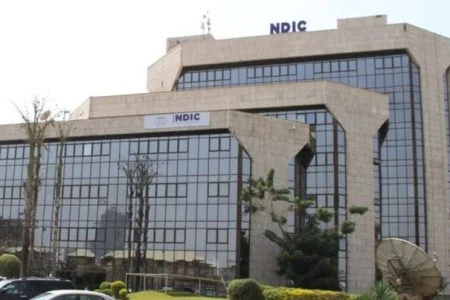
The Nigeria Deposit Insurance Corporation (NDIC) has increased deposit insurance coverage for all licensed deposit-taking financial institutions.
NDIC disclosed this in a post on its Facebook page on Thursday.
Deposit insurance protects depositors’ funds in the event of a bank failure.
Bello Hassan, NDIC managing director and chief executive officer (CEO), said the deposit insurance coverage for commercial banks was increased from N500,000 to N5 million.
Hassan said the increase provides coverage for 98.98 percent of depositors in Nigeria.
Business
Naira drops to N1,370/$ at parallel market, gains marginally at official window
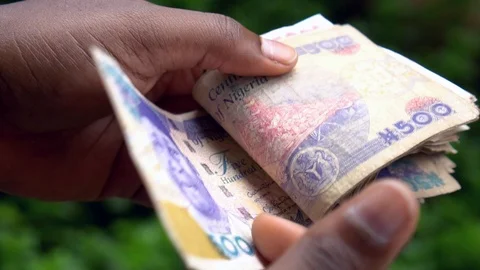
The naira declined to N1,370 against the dollar at the parallel section of the foreign exchange (FX) market on Wednesday.
This represents a 1.48 percent depreciation from N1,350 traded on April 29.
Currency traders, also known as bureau de change (BDC) operators, put the buying rate of the greenback at N1,330 and the selling price at N1,370 — leaving a profit margin of N40.
At the official window, the local currency appreciated by 1.98 percent to N1,390 on April 30 — from N1,419.11 on April 29.
During trading, the exchange rate rose as high as N1,450 and as low as N1,200 according to data from FMDQ Exchange, a platform that oversees FX trading in Nigeria.
The naira devaluation has continued to pose significant challenges to firms, cutting deep into profit margins and eroding shareholders’ dividends.
On April 30, Aliko Dangote, chairman of Dangote Industries Limited, said the devaluation of naira created the “biggest mess” for the company in 2023.
“We are doing whatever it takes to make sure that at the end of the day, we will be paying dividends because if you look at our dividends last year, it was almost 50 percent more so we will try and get out of the mess,” Dangote said.
“The biggest mess created was actually the devaluation of the naira from N460 to N1,400.”
He said almost 97 percent of the companies, especially in food and beverages businesses, will not pay dividends this year due to the FX constraints.
-

 News1 week ago
News1 week agoFAAN reopens Lagos airport runway after Dana Air incident
-

 Crime2 days ago
Crime2 days agoUK-based Nigerian doctor, Tijion Esho loses licences over sex for free Botox injections
-

 News5 days ago
News5 days ago‘Mischievous narrative’ — Yahaya Bello’s media office reacts to ‘American school refunding $760k’ claim
-

 News1 week ago
News1 week agoNigeria Air: EFCC vows to arraign Sirika over alleged contract fraud
-

 Education1 week ago
Education1 week agoUNN suspends, probes lecturer attempting to sexually assault female student
-

 Entertainment3 days ago
Entertainment3 days agoGunmen abduct singer Gnewzy in Delta, demand $200k ransom
-

 Entertainment5 days ago
Entertainment5 days agoFamily announces burial arrangements for junior pope
-
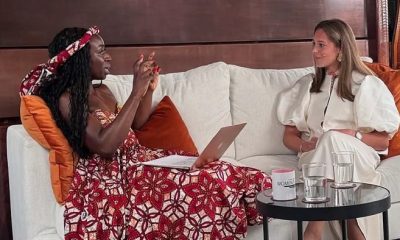
 World1 week ago
World1 week agoNigerian lady Clara Chizoba Kronborg certified as world record holder for longest interviewing marathon


















